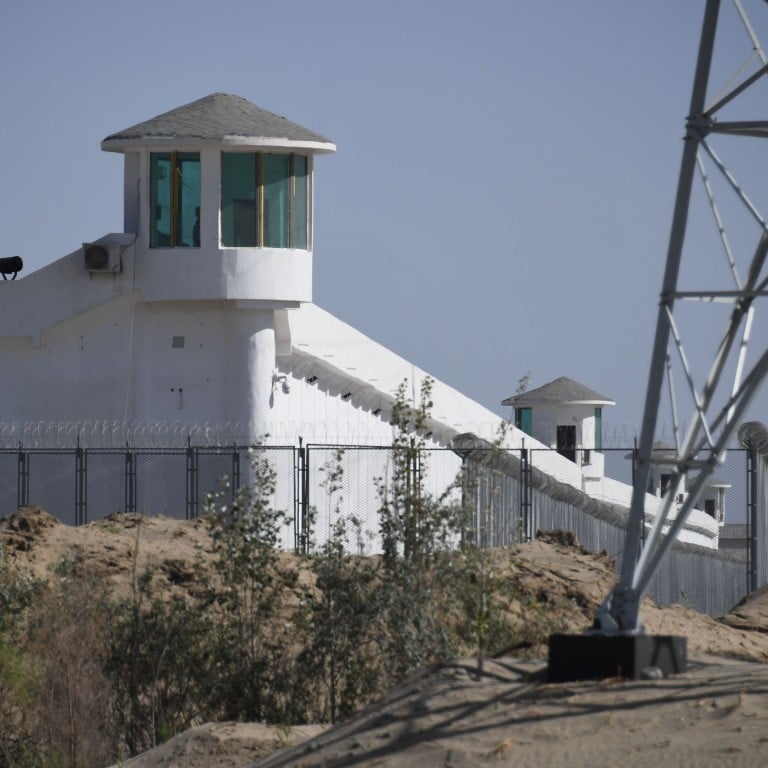
Xinjiang sanctions not enough to convince China hawks to support EU investment deal
- Brussels is set to roll out its first sanctions against China since 1989, but lawmakers in the European Parliament say they do not go far enough
- With China threatening to hit back, Beijing analysts fear the sanctions could be the catalyst for a souring in bilateral ties
China-EU investment deal: who’s the real winner after seven years of negotiations?
Sources said a letter addressed to the EU’s top diplomat, Josep Borrell, was gaining signatures from around the parliament to push for further action, before being delivered on Monday.
The message is that sanctions should be only the first step. If the EU wants to get the deal over the line when it comes for ratification in 2022, there needs to be more.

Engin Eroglu, a German MEP, said the EU “has not come up with sustainable solutions” to manage its relationship with China.
“What we would need to ratify the CAI [Comprehensive Agreement on Investment], apart from the CCP [Chinese Communist Party] commitment to ratify [International Labour Organization] standards, are concrete measures such as a European supply chain law and an EU-wide ban on imports of products from forced labour,” said Eroglu, who is also a member of the growing Inter-Parliamentary Alliance on China.
Xinjiang’s leaders must ‘optimise’ governance of region, Communist Party’s No 4 says
China has vowed repeatedly to hit back should the EU impose sanctions. In Beijing on Thursday, foreign ministry spokesman Zhao Lijian warned Brussels against “making erroneous decisions based solely on the lies concocted by a small faction of anti-China forces who harbour ulterior motives”.
“Should the EU insist on taking wrong actions detrimental to Chinese interests, China would surely react with a firm hand every step of the way,” he said.
Many European diplomats, however, accept that the shift in mood towards China has gone beyond the point of a small faction.
“If it was to go to parliament now, it would simply not get ratified,” said one European official.
China’s retaliation to sanctions is expected to be measured, analysts said.
But there is anxiety among EU watchers in Beijing that this could be the start of a souring of ties.
“In recent years the EU has had a dichotomous view of China as an economic partner and a political and ideological opponent,” said Feng Zhongping, an expert in China-EU relations at the China Institutes of Contemporary International Relations.
“The [investment] deal itself is not easy. Even without this kind of disruption, it was generally believed the CAI could not be reached before France taking over the EU presidency in early 2022,” he said, adding that the European Parliament would be a tough hurdle to clear because it was particularly “focused on ideological issues”.
Explainer | What is the China-EU CAI and how is an investment deal different from a trade deal?
For Wang Yiwei, an expert in European affairs at Renmin University in Beijing, the CAI is the most important part of bilateral ties.
He said he hoped that amid the European Parliament’s human rights concerns, the sanctions might provide “necessary balance” for Brussels in gaining approval for its deal with Beijing.
“All the negative issues in the China-EU relationship should be addressed in the first half of this year, so that in the second half, or next year, when France takes the EU presidency, the CAI can really progress,” Wang said.
But not everyone is convinced of the deal’s benefits. In a report released this week, French bank Natixis described the CAI as “much smaller in scope than any other EU agreement”.
“Many see the CAI as a trade-off between economics and values,” it said. “The economic benefit will probably remain rather limited.”


